What is the best way to heat a garage? Our HVAC pros agree this is the clear winner
Space heaters for the win


The garage is one of the most useful, functional areas of the home. From parking cars to storing seasonal decor, it's a space that really does it all. But, how do you keep it warm?
To avoid mold, condensation and burst pipes, it's important that garage temperatures don't drop too low in winter. As our HVAC experts warn, there's no point in turning your attention to heating the space before solving any insulation woes.
Here, our pros share the best way to heat a garage (and they're all in agreement) and give their tips on acing your insulation. While you may know how to keep your garage cool in hot weather, it's vital to get it right in winter, too.
The best way to heat a garage

Our HVAC pros all agree when deciding how to heat a garage efficiently and that's to make use of the best types of space heater.
HVAC expert Veggeberg says, 'For homeowners looking to heat their garage for short periods of time a few times per month, we recommend an electric space heater, such as the PELONIS PTH15A4BGB Ceramic Tower 1500W Indoor Space Heater with Oscillation available at Amazon.'
The only time you might want to opt for a more expensive solution is if you have converted your garage, and will therefore be spending a lot of time in it.
Home remodeling expert Barres explains, 'There’s no use putting in that much effort into heating this space, unless you’re going to be finishing it and spending significant time here, say, if you turned it into a studio. But otherwise, a good space heater takes care of all your needs.'
Bearing in mind that garage conversions are actually a DIY home improvement that could devalue your property, as most homeowners will be looking to buy a property with a functional garage, only undertake such projects if you're an accomplished DIY-er who can do it to an acceptable standard, or hire a handyman or professional contractor instead.
When running a space heater, do not place it on rugs, furniture it can topple off, and keep it away from other items to ensure adequate air flow. Do not run without supervision, never overnight and be mindful of moisture levels. If it's too high, the space heater can become an electrical risk in your home.
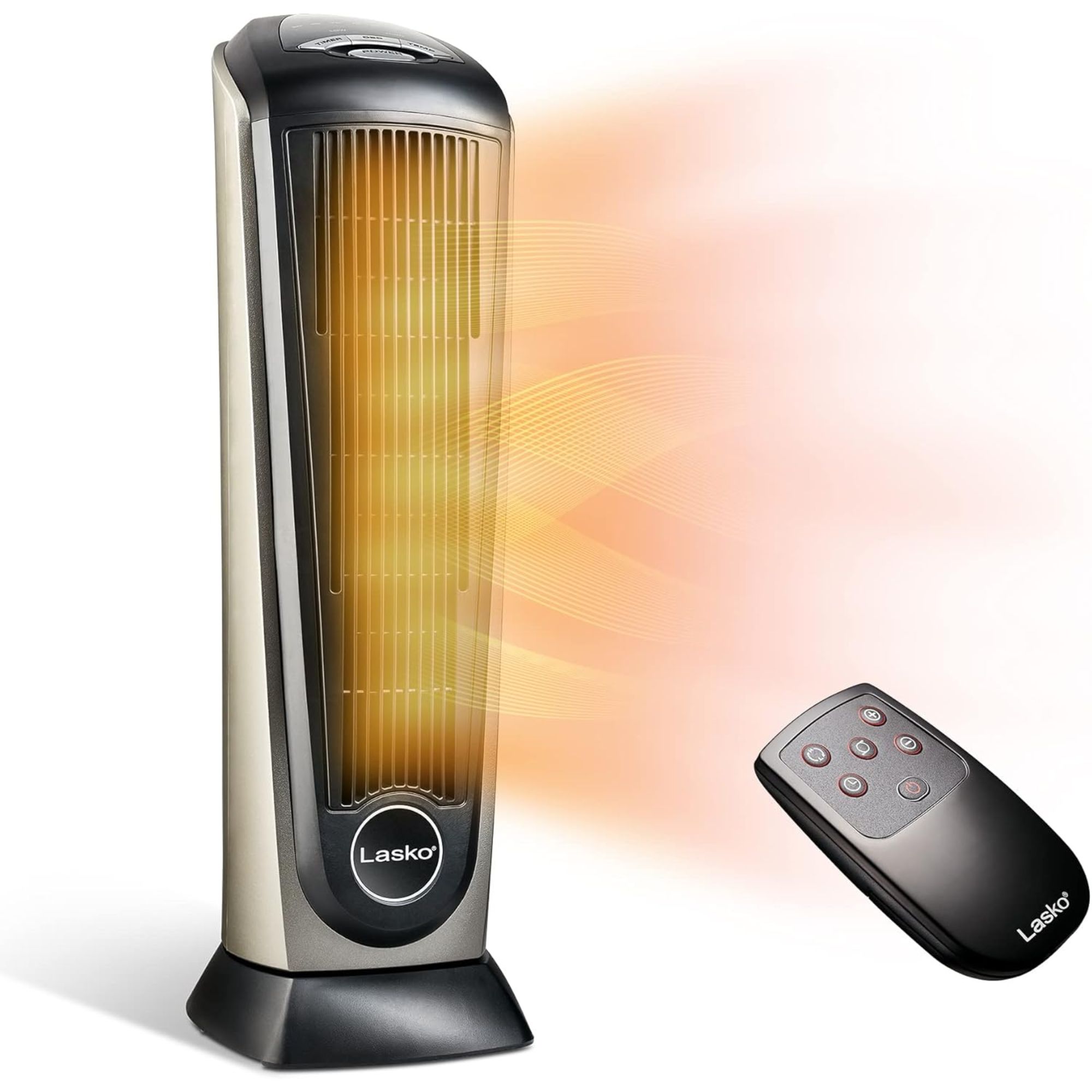
This space heater has an adjustable thermostat with a digital display, and two quiet modes for heating without distraction. Bear in mind that you should not leave a space heater on overnight.
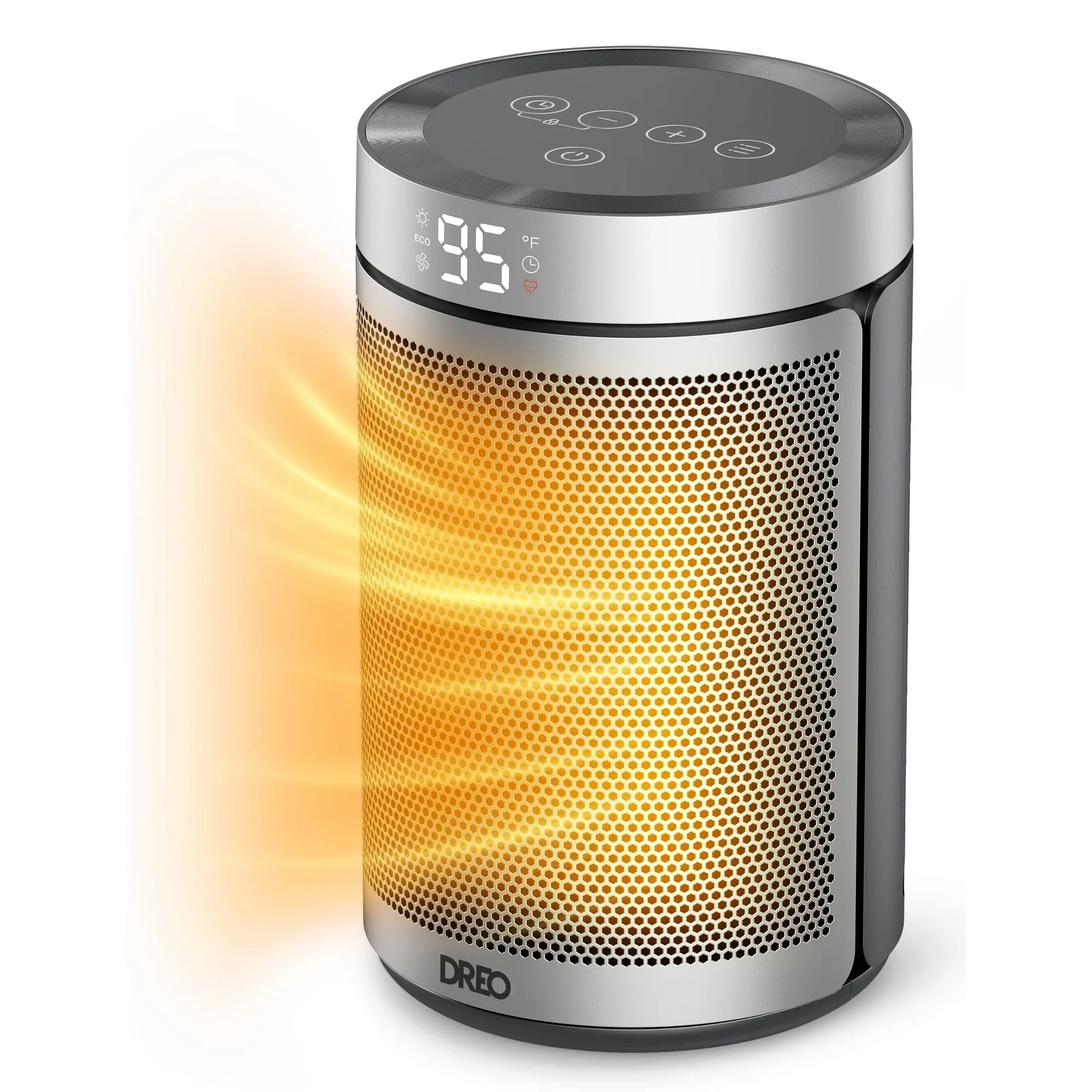
This space heater features a convenient carry handle for easy portability, with a touch control for simple adjustments and a flame-resistant, overheat protection for safety.
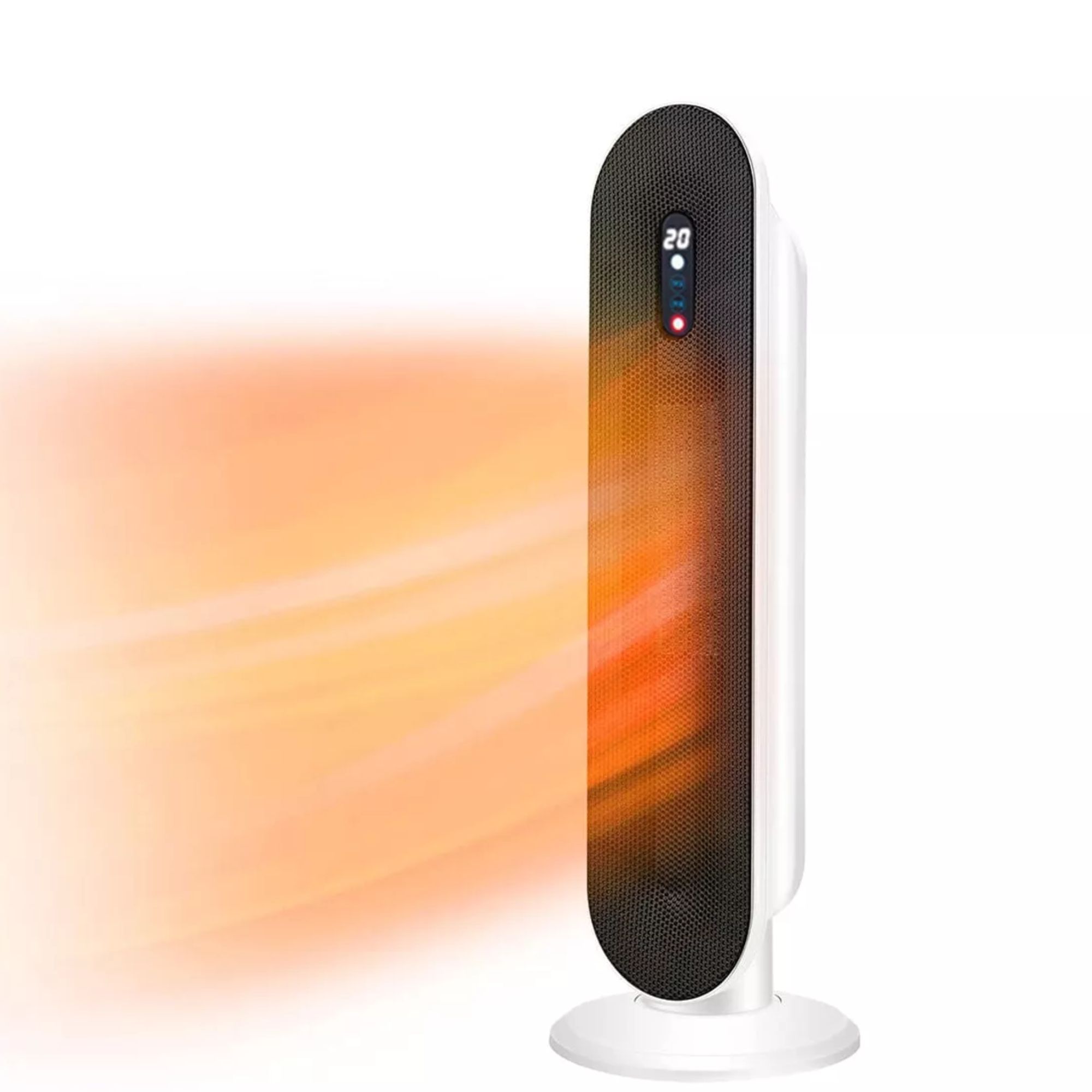
Amazingly, this space heater can quickly heat up to 70°F in as little as three seconds. It also features a tip-over protection safety feature and 70° oscillation for even heat distribution.
Don't neglect garage insulation
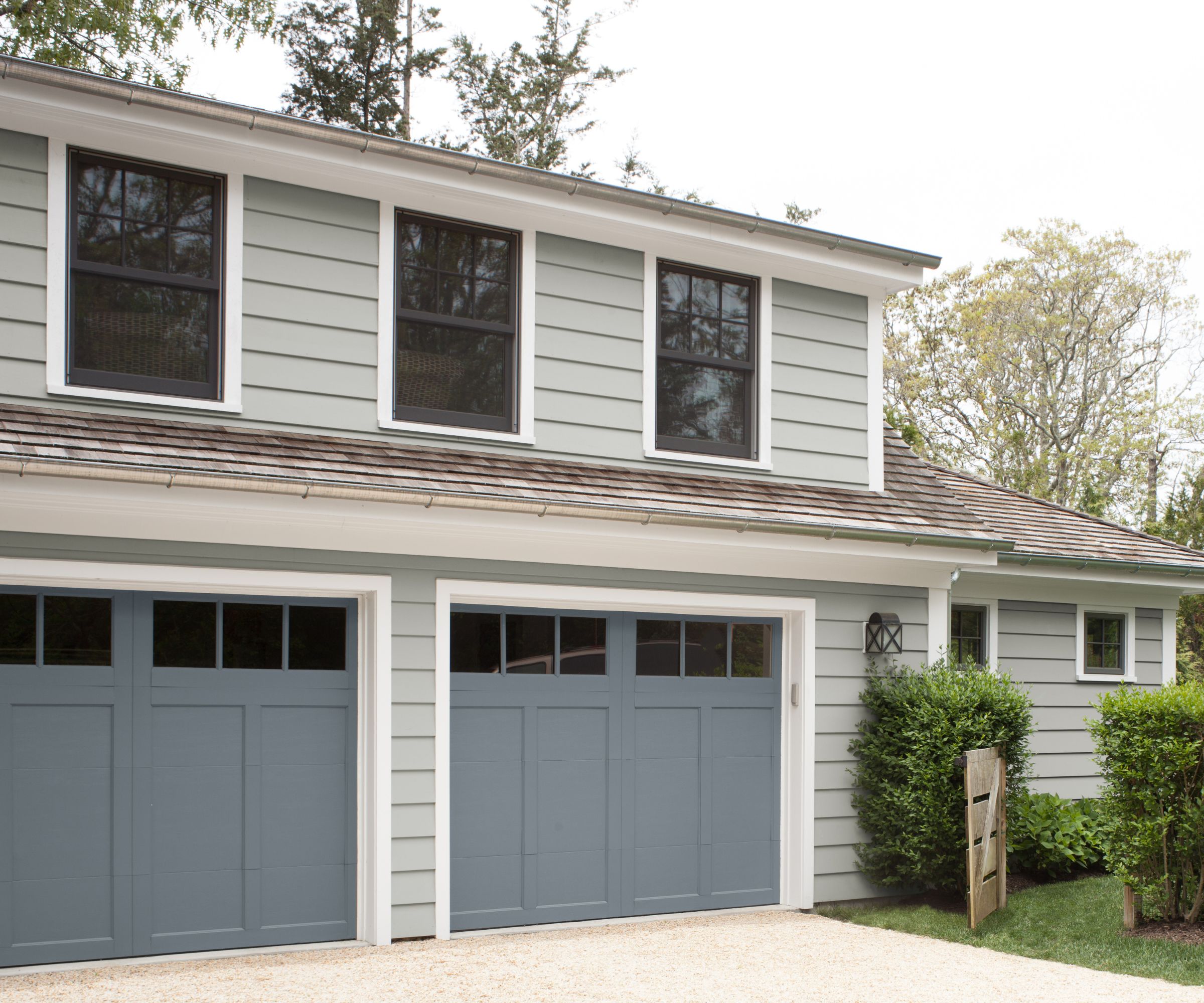
The best way to heat a garage is by using space heaters but Rick Berres, owner of Honey-Doers points out there's no point in heating your garage at all if it is not insulated correctly.
He says, 'I always say that there’s no use heating your garage if you’re going to allow the warm air to get out and the cold air to get in through the cracks, so the very first thing I want you to do is seal up all those bits around the door – I know you have them! And only then you can think about heating.'
So, to winterize a garage, begin by insulating the garage door, using insulation board, such as the FOAMULAR NGX F-250 2 in. x 4 ft. x 8 ft. SSE R-10 XPS Rigid Foam Board Insulation available at Home Depot.
Then, seal gaps around doors and windows with caulk, such as the 18152 DAP Caulk available at Amazon, and sealant tape. You may also want to use spray insulation, suggests Max Veggeberg, CEO and founder of Tetra. For example, we recommend the Great Stuff 99108824 Smart Dispenser Gaps & Cracks available at Amazon, for precise control and maximum durability.
In extreme circumstances, if the damage is beyond DIY repair, it is worth considering replacing your garage door or windows altogether, which will help to cut energy bills.
Pair these insulation solutions with curtain hacks for a warmer home in winter and thermal-reflective insulation paint, suggests Francisco Fuenmayor, insured handyman at LocalProBook, for affordable, additional layers of insulation.
Learn when to insulate above a garage, and when to avoid in our dedicated guide.
Once your insulation is in place and all drafty spots have been sealed, get your space heater on the go.
All prices correct at time of publication.
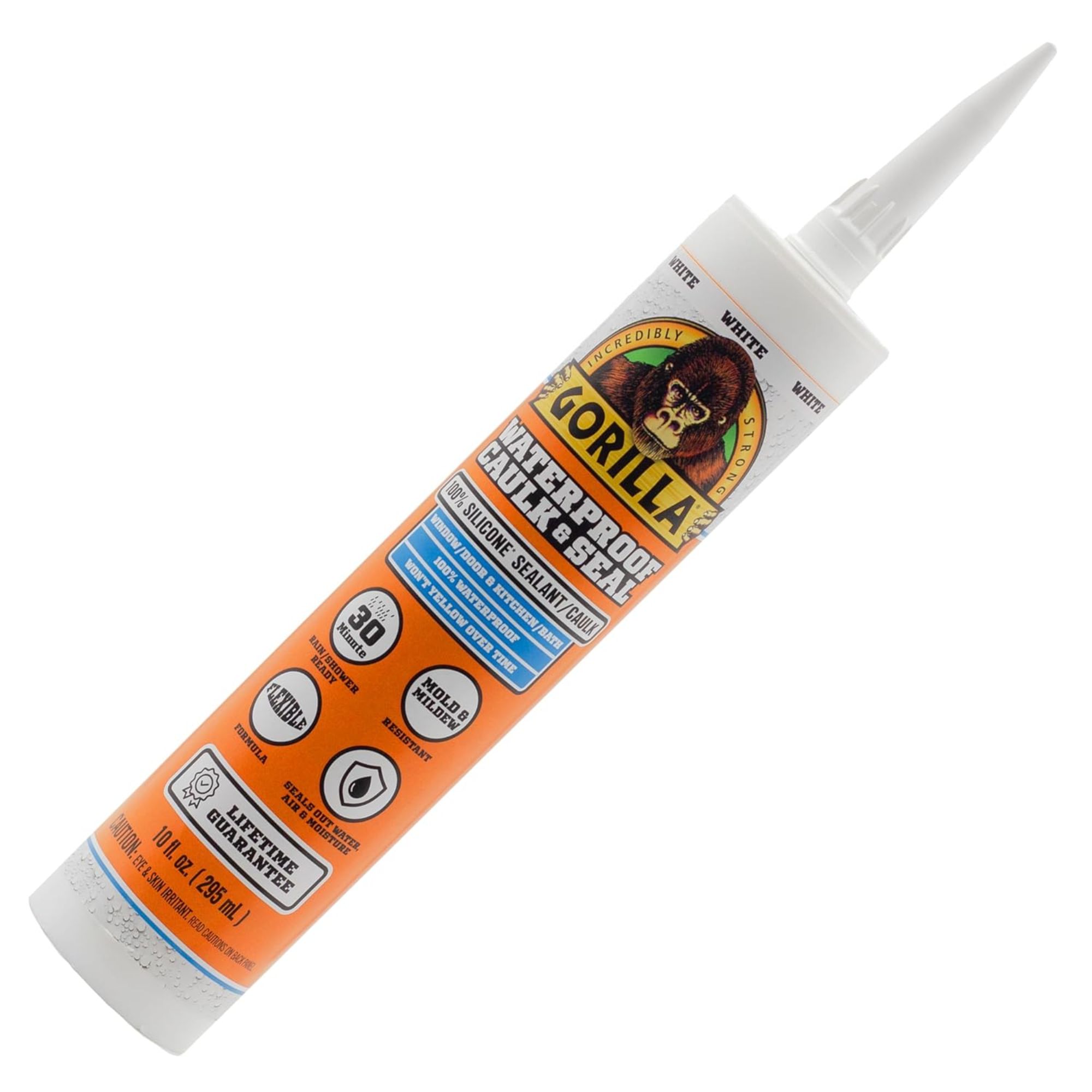
This caulk effectively seals out air, moisture and water, and is ready in as little as 30 minutes, with a lifetime guarantee.
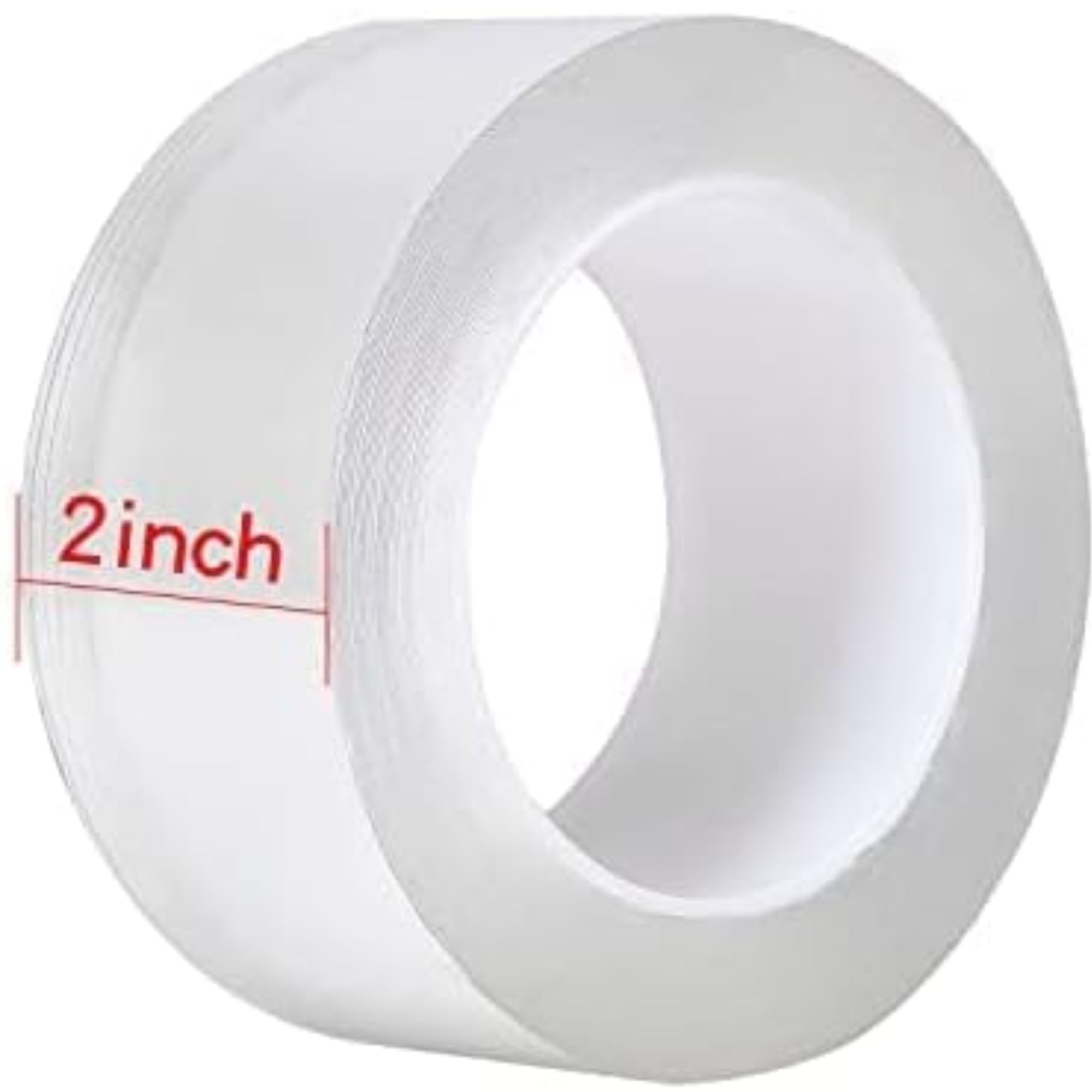
This weatherproofing tape is waterproof, transparent and residue-free, so it won't damage surfaces when it comes to removal.
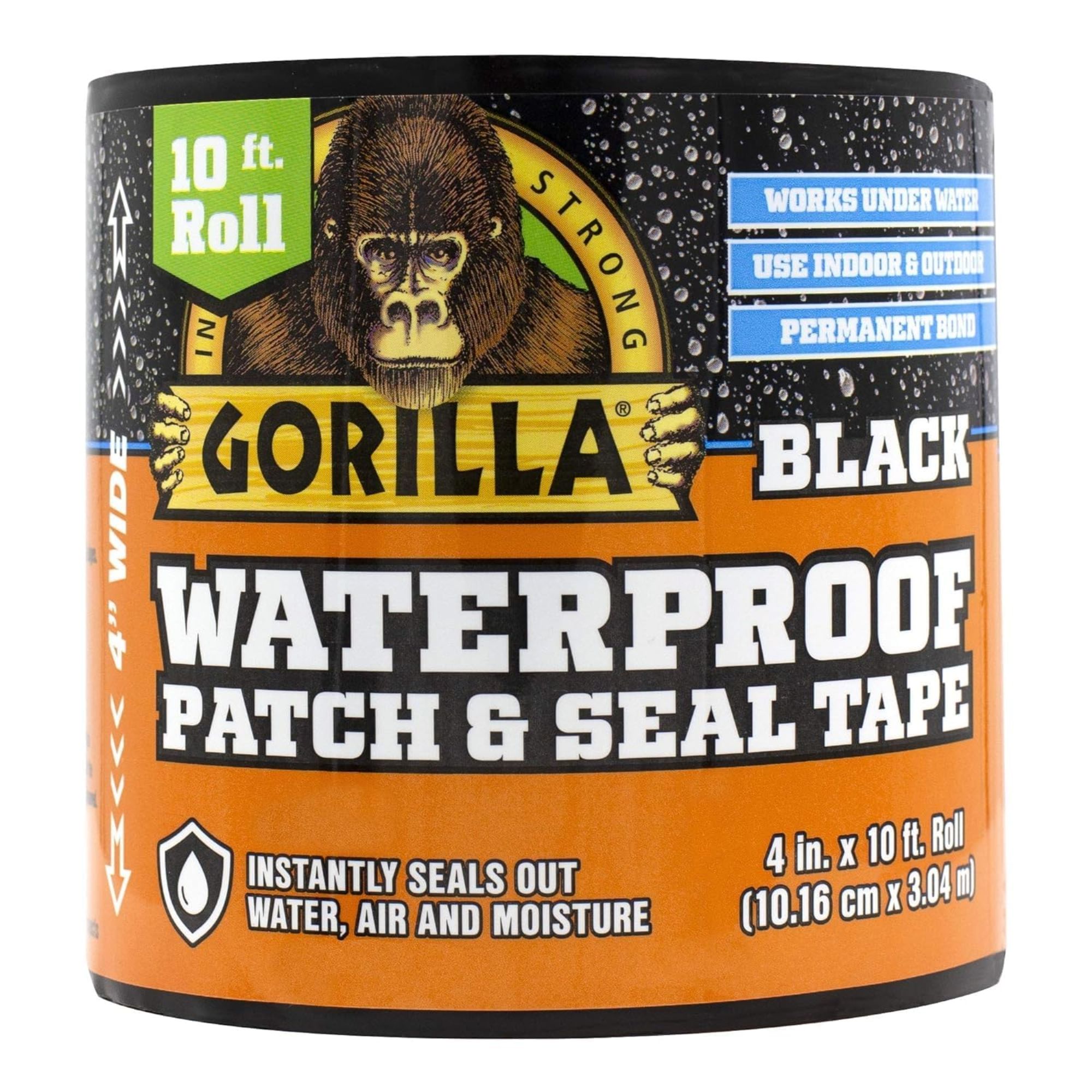
For a more long-lasting solution, this tape instantly and permanently seals out water, air and moisture, and can be used both inside and outdoors.
FAQs
Where do garages lose the most heat?
Your garage will lose the most heat through the garage door, which is why, when necessary, you may need to get clued up on how much it costs to replace a garage door. Of course, this will be influenced heavily by size and material, but our expert guide dives into the details.
What temperature should a garage be kept at during winter?
Much like setting your thermostat to a consistent temperature in winter inside your home, you should aim to do the same in your garage. But, of course, this doesn't need to be kept at the same comfort level. Instead, aim to keep your garage at between 40°F and 50°F, and use a thermometer, such as the ThermoPro TP49 Digital Hygrometer Indoor Thermometer available at Amazon to accurately keep an eye on the temperature.
Struggling to organize a garage with too much stuff? Start by decluttering your space before investing in effective storage solutions to set yourself up for success.
Sign up to the Homes & Gardens newsletter
Design expertise in your inbox – from inspiring decorating ideas and beautiful celebrity homes to practical gardening advice and shopping round-ups.

Ottilie joined Homes & Gardens last year, after finishing a Master's in Magazine Journalism at City, University of London. With previous contributions in Livingetc and Motorsport Magazine, she produces content for the Solved section on the website, focusing on clever tips and tricks to keep your home beautiful, organized and clean. She also has an undergraduate degree in English Literature and History of Art from the University of Edinburgh, where she developed a love for inspiring interiors and architecture.
-
 10 of the best plants for clay soil – experts recommend the flowers, shrubs and trees that can thrive in challenging conditions
10 of the best plants for clay soil – experts recommend the flowers, shrubs and trees that can thrive in challenging conditionsDiscover what varieties to grow if you want the best plants for clay soil
By Sarah Wilson
-
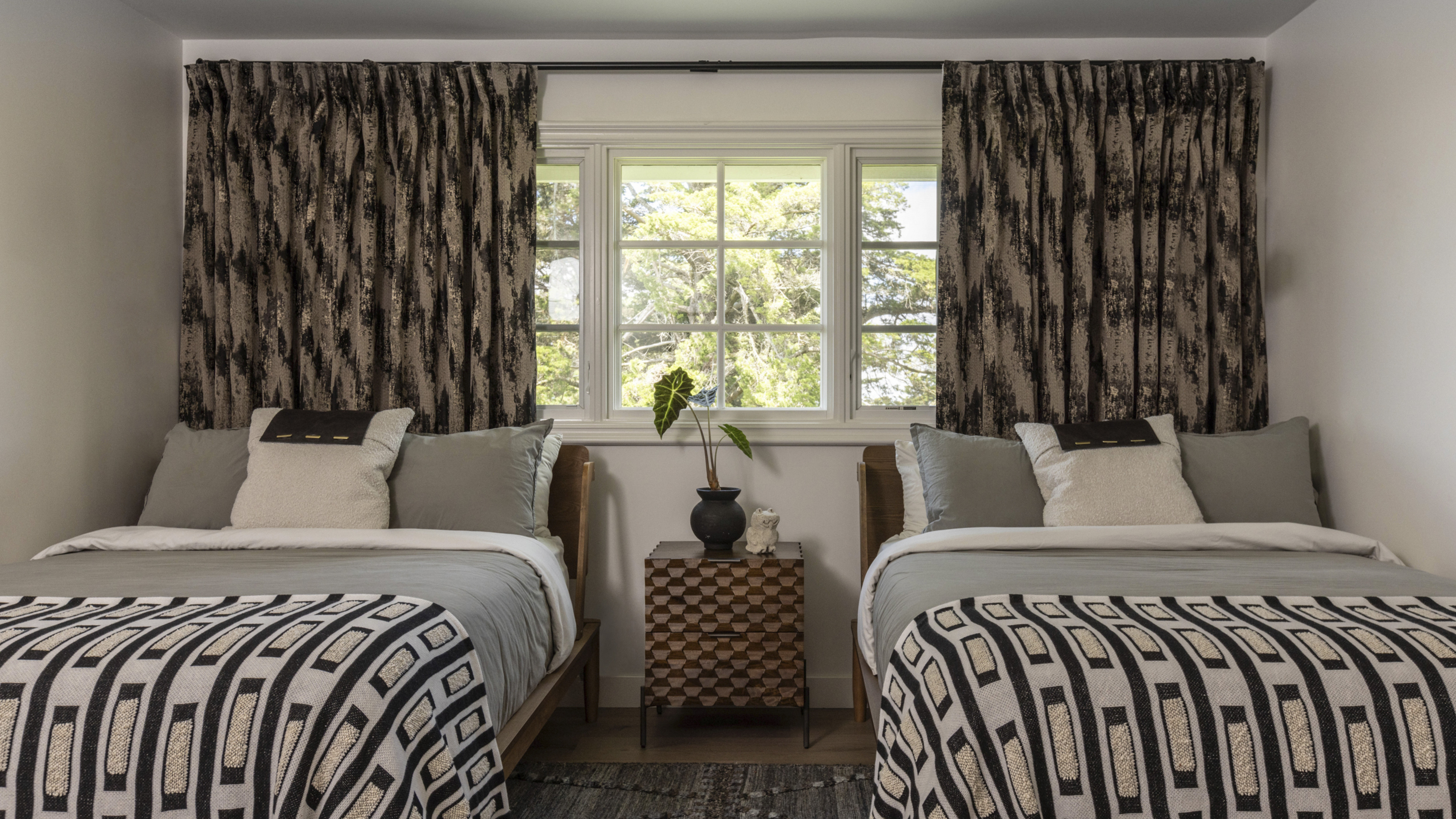 The biggest curtain trends to follow in 2025 – 8 key looks to shop that will instantly elevate your rooms
The biggest curtain trends to follow in 2025 – 8 key looks to shop that will instantly elevate your roomsThese are the colors, styles, and materials to embrace in your windows this year if you want desirable drapes, plus our favorite places to shop the trends
By Lilith Hudson
-
 Why does my house feel damp? Experts reveal the 7 common reasons, risks and fixes to apply right now
Why does my house feel damp? Experts reveal the 7 common reasons, risks and fixes to apply right nowIf your house smells musty, there might be underlying damp to sort out
By Sophie Warren-Smith
-
 Do you have condensation on the outside of your windows? This simple rule of thumb determines if it's normal, or a sinister warning sign
Do you have condensation on the outside of your windows? This simple rule of thumb determines if it's normal, or a sinister warning signHVAC pros share expert insight
By Ciéra Cree
-
 6 ways to prevent mold and damp in bedrooms – expert solutions to maintain a safe sleep environment
6 ways to prevent mold and damp in bedrooms – expert solutions to maintain a safe sleep environmentDon't sleep on these six tips, experts urge
By Seraphina Di Mizzurati
-
 HVAC pros reveal 2 'Goldilocks' ranges for the ideal room temperature in bitter winter – it differs from day to night, and room to room
HVAC pros reveal 2 'Goldilocks' ranges for the ideal room temperature in bitter winter – it differs from day to night, and room to roomKeeping rooms at the right temperature is vital for comfort and efficiency
By Ciéra Cree
-
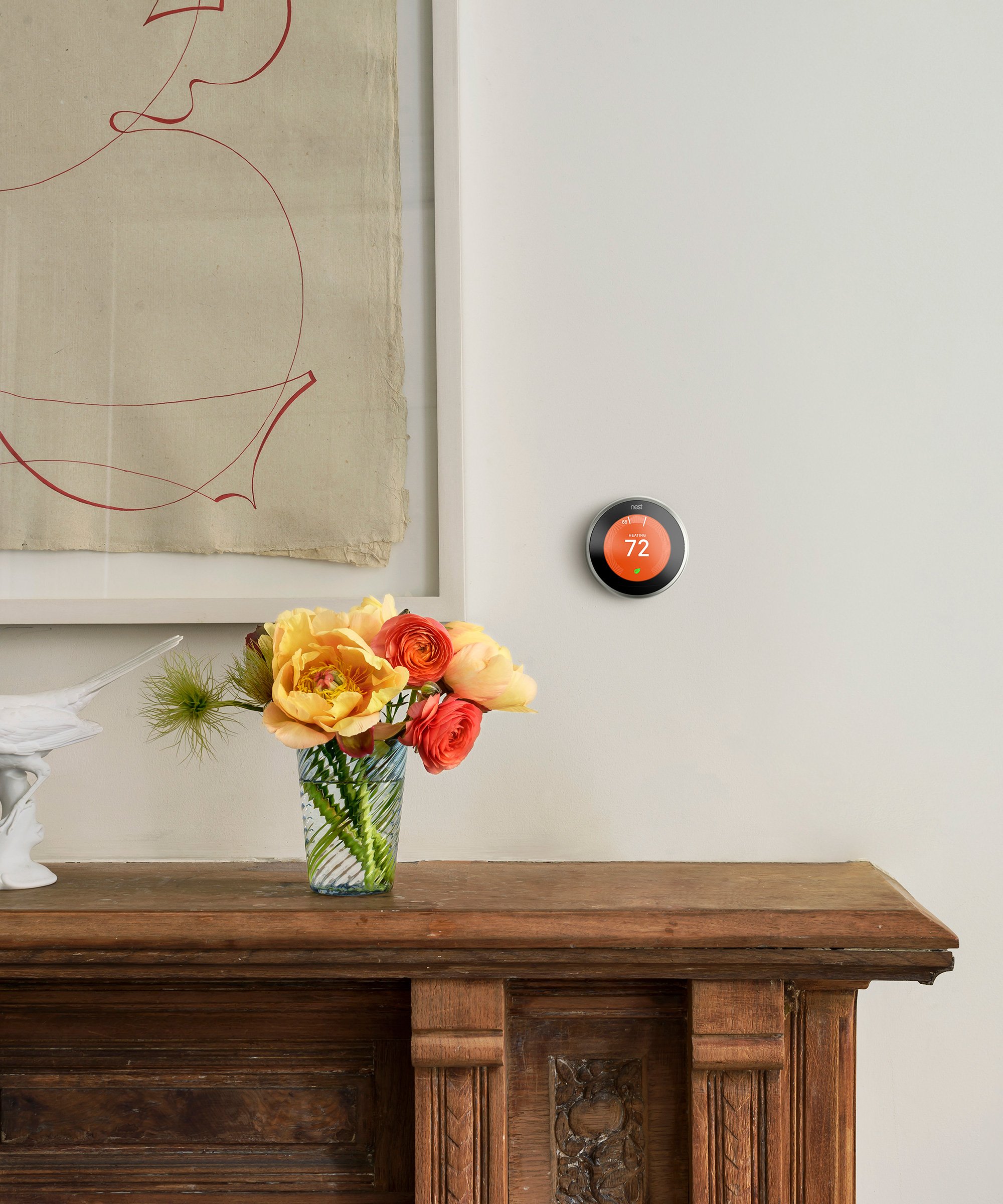 HVAC pros say this is the most efficient heating schedule to keep you warm at home all day – and why automating it is the best move
HVAC pros say this is the most efficient heating schedule to keep you warm at home all day – and why automating it is the best moveThere’s no one-size-fits-all – here’s how to tailor heating to your home
By Chiana Dickson
-
 How dust and dirt increases your energy bills – plus 5 ways HVAC pros deal with it to cut costs
How dust and dirt increases your energy bills – plus 5 ways HVAC pros deal with it to cut costsThese cleaning tips could save you hundreds
By Chiana Dickson
-
 Is your house heating unevenly? HVAC pros reveal 5 common reasons, plus their top tricks for consistent heating throughout your home
Is your house heating unevenly? HVAC pros reveal 5 common reasons, plus their top tricks for consistent heating throughout your homeEliminate hot and cold spots with these fixes
By Chiana Dickson
-
 What is a zoned heating HVAC system? We get the lowdown from the pros
What is a zoned heating HVAC system? We get the lowdown from the prosThis expensive addition could actually save you money
By Sophie Warren-Smith